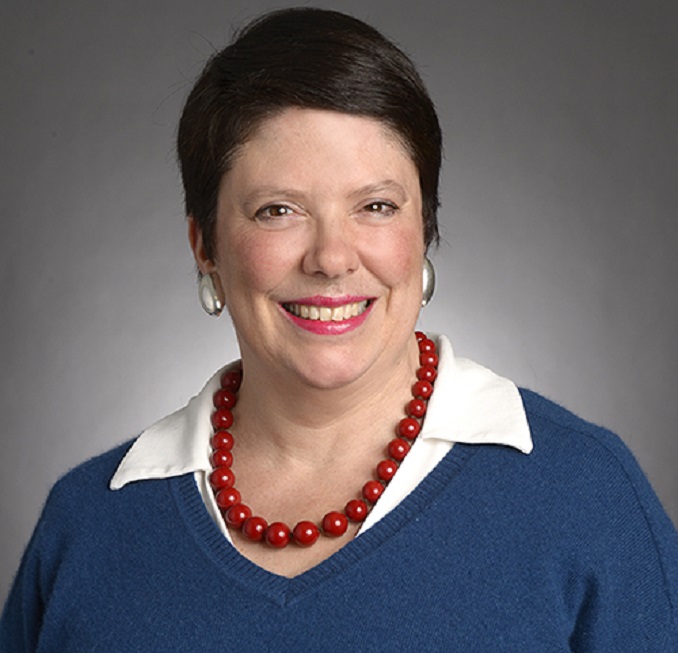When Canadians have a financial problem, want to make a financial plan or need help with their taxes, most simply reach out to their financial institution, advisor, accountant or commercial tax preparer for the help they need.
But who do low-income individuals turn to?
A new report by Prosper Canada reveals that people with low incomes face a gap in the marketplace when it comes to affordable, appropriate and trustworthy financial help services that meet their needs – needs that are often quite different than those of other Canadians.

Prepared in collaboration with commercial and community financial service providers and research from the Financial Resilience Institute, our study reveals that there is rarely a compelling business case for businesses to design and market financial help services to people with low incomes who generate less revenue than wealthier customers.
As a result, mainstream financial help services are generally not tailored to meet the needs of people with low incomes and service providers often lack the contextual knowledge to give appropriate and trustworthy help to these customers. For example, saving in an RRSP versus a TFSA also inevitably leads to costly clawbacks of seniors benefits once people with low incomes retire, but not all banks routinely ensure they are selling low-income customers the right savings product.
Free tax filing help is available through community tax clinics, but only during tax season and for those with simple tax situations. People with low incomes who need help at other times of the year are self-employed or have complex tax situations and generally have to pay a commercial tax preparer for qualified help. Free, year-round help to sort out tax problems or navigate complex income benefit programs, is not available in most communities.
Nonprofit credit counselling services can provide free or low-cost help with problem debt but are tenuously funded and not available in many communities.
While financial institutions offer basic financial help for free (e.g., budgeting and saving apps and help selecting an appropriate account or credit product), more in-depth financial planning help is only available to clients with significant assets and investments. Other financial planners are paid in investment commissions or on a fee-for-advice basis making them largely inaccessible to people with low incomes.
Lack of trust is also a barrier. People with low incomes generally have lower trust levels. Consequently, they are less likely than people with more means to trust financial professionals. Low-income individuals who are racialized or Indigenous, 2SLGBTQI+, or have a disability, have the least trust in financial professionals, compounded by concerns about discrimination, leaving them less likely to seek professional financial advice.
So where does this leave people with low incomes?
Access to relevant, high-quality, financial help and advice is associated with greater financial health but, until we address this market gap, Canadians with low incomes will struggle to find the help they need to maximize their incomes, tackle urgent financial problems and set and achieve financial goals.
As Canada’s affordability crisis continues, this problem grows more urgent and the costs of inaction grow – for people with low incomes whose hardships deepen and for Canadians generally as demand for community, health and social services balloons.
Large-scale, government-funded pilots of free, community, financial help services have shown that they are needed, reduce financial stress, help low-income people boost their incomes and achieve other financial outcomes, and 95 per cent of participants would recommend the services to others. The Ontario government has wisely opted to keep funding these services, but sustained and strategic federal investment remains an elusive goal.
It’s time for Canada to follow the example of other national governments (UK, Australia and New Zealand) that have moved vigorously to fill similar financial help gaps for their citizens with cross-sector collaboration and investment in government and community-based services that do what the private sector cannot.
Canada’s financial help gap will not solve itself and Canadians with low incomes cannot afford to wait any longer. The time for action is now.
About the author:

Elizabeth Mulholland is CEO of Prosper Canada, a national charity dedicated to expanding economic opportunity for Canadians living in poverty through program and policy innovation.
